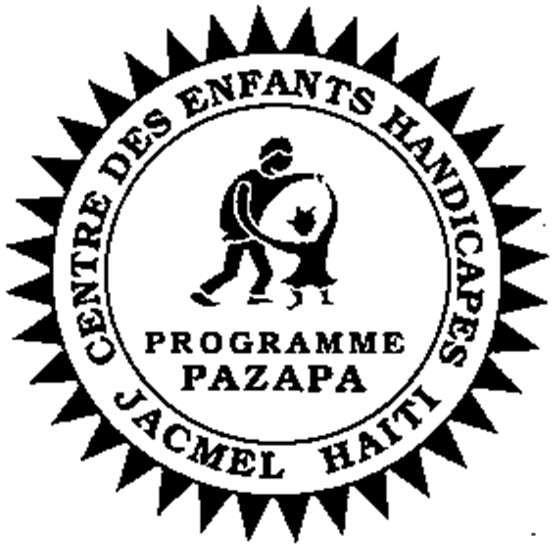Seeds of Hope: Early History of PAZAPA and The Siloé Project
The Siloé Project, a 501(c)(3) nonprofit, started in 1982 through the efforts of volunteers Peter Cuningham and Patty Westerbeke from the San Francisco Bay area. After an initial stint at Mother Teresa’s HIV/AIDS hospice in La Saline, Port au Prince, they rebuilt a hurricane damaged clinic in Jacmel. They were joined by Tony Antoine, who is a local pastor and physiotherapist, and in 1985 by Doris Clark, a nurse bringing Peace Corps experience from La Saline.
There was a pivotal moment at the clinic when a mother sought a “cure;” for her child with Down Syndrome. What hope can even modern medicine offer when there is no cure? How could Peter explain to her that which cannot be changed without extinguishing the light in her eyes?
That evening at the Jacmel home of the MacRae’s, rum flowed, and laughter rang. But Peter spoke to the doubts gnawing him: “Where does hope go when cures are not found?” Jane MacRae, a Canadian expatriate until then known more for her vibrant spirit than her charitable works, felt the weight of his words. The idea of PAZAPA was born.
A rented nearby house was renovated into the PAZAPA Center for Children with Disabilities. Steadfast Tony Antoine bicycled through the dusty streets of Jacmel, gently seeking those hidden away by fear and shame. Children with disabilities, once regarded as the blighted, partook in nourishing meals and found healing hands within the Center.
Peter, his duty in Haiti fulfilled, placed the center into Jane’s care, with assurance of support. Jane MacRae embraced her new purpose. And how PAZAPA grew under her care! When Jane saw a need – for special education, for mothers to earn, for vocational skills – programs bloomed under her watch.
Where once there was ignorance, Jane and Tony sowed understanding. Where once there was despair, they planted seeds of hope and possibility.

